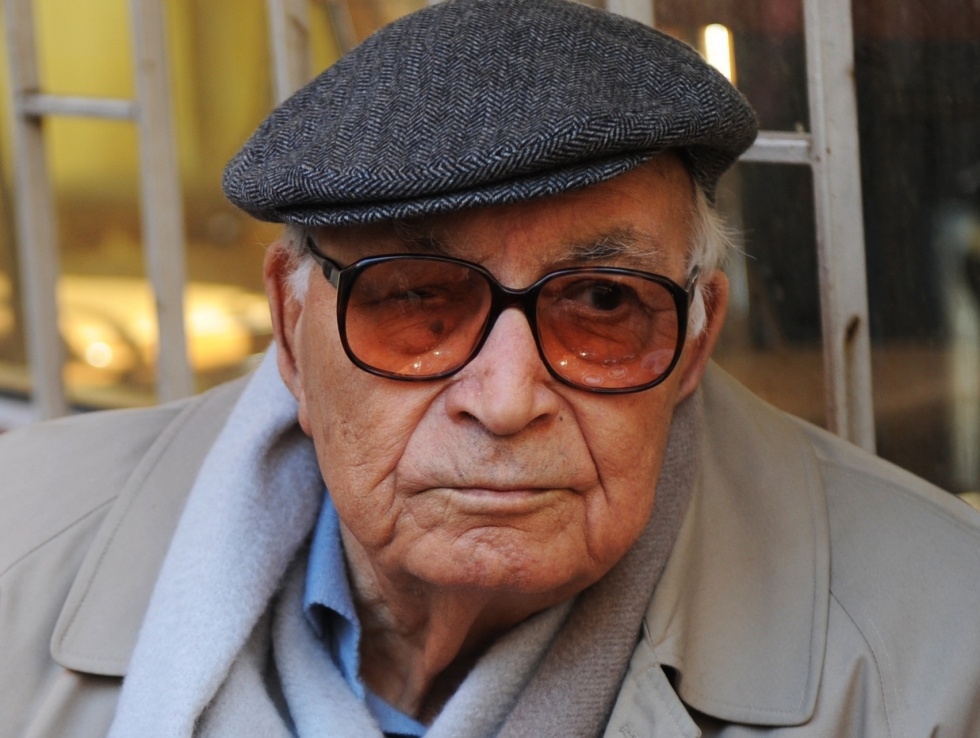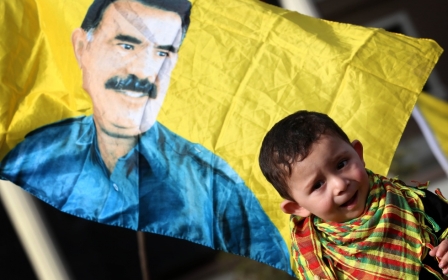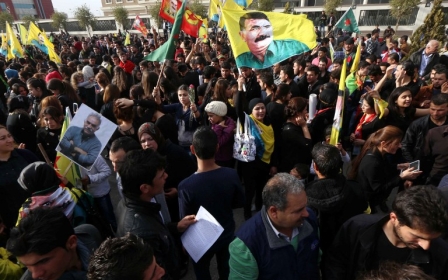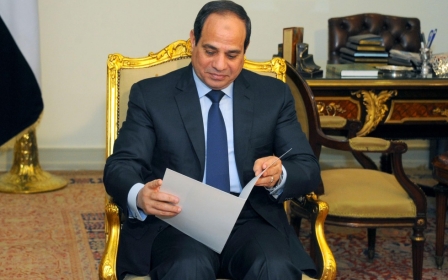Tribute to a national treasure: Kurdish author Yasar Kemal dies at 92

As the news broke on Saturday afternoon of the death of the novelist Yasar Kemal in Istanbul at the age of 92, President Erdogan immediately phoned the writer’s wife, Ayse Semiha Baban, to offer his condolences. The Prime Minister, Ahmet Davutoglu, issued a statement saying that he found it difficult to put his sorrow into words. Several other cabinet ministers issued their condolences on Twitter.
It was a fitting end to the career of a novelist whom many Turks regard as their country’s greatest and a man who was personally very much loved and admired. Yet it contrasted with Kemal’s early career and his resolutely Kurdish background, and his leftwing politics that led him consistently to back political underdogs and the poor against those who trampled on them. His was no middle-class success story but a victory of determination to prevail against overwhelming odds.
Born in 1923 in a poor Turkmen village in the Taurus mountains in what is now Osmaniye province, Kemal had almost every disadvantage one could think of. His family were migrants from the shores of Lake Van in an otherwise entirely non-Kurdish community. He lost one eye in infancy as a result of an accident with a knife. His father was murdered beside him when he was five. His relations with his mother were uneasy. In a country where literacy ran at around 6 percent, he managed to get primary school and medium school education before being forced to earn a living.
His first contact with literature came in folk ballads. A poor player of the saz (a stringed musical instrument) he was forced to compose ballads himself, and followed the Anatolian tradition of writing songs about heroic young men who defy local tyrants and landowners. One of these was his maternal uncle who lived and died as a mountain bandit.
These songs usually end tragically but in the novels he wrote later, Kemal makes his heroes defy injustice successfully and escape. To earn his living however he was forced to choose between being a farmworker or a letter and petition writer working outside mosques, a traditional occupation which has now vanished in Turkey.
In the local provincial capital of Adana and later as a conscript in Ankara during World War II, Kemal came into contact with teachers and leftist intellectuals, partly through the Kemalist "peoples houses", one of which published his first book, a collection of ballad laments.
His breakthrough came in 1951 when, armed with a few introductions from his writer friends and initially sleeping in a park, he went to Istanbul and approached Yunus Nadi, the editor of Cumhuriyet and the leader of the Kemalist journalists. Yunus read some of Kemal’s work, complimented him on his written Turkish, and hired him on the spot.
By then Kemal had already served a short spell in jail in Adana, accused of being a Communist. Drafts of his first two novels were confiscated by police and lost forever.
But as his Istanbul career unfolded, this hardly mattered. Kemal quickly became one of the country’s leading travel writers, publishing short stories and collections of his articles. In 1955, Memed My Hawk appeared and became a best-seller in Turkey and two years later, after its translation into English, across the world. A further 23 volumes of fiction – 17 of them translated by his first wife Thilda - appeared over the next four decades and became classics of Turkish literature.
Their theme was always the violence and cruelty of Turkish rural life and the need to defy oppressors and fight for justice. I once asked Kemal why he did not write about urban and metropolitan people. He replied that he wrote about people whose lives and feelings he understood, the people he had grown up among. He did not feel that he understood metropolitan Turkey in the same way.
Nonetheless metropolitan Turks adored his books and the tight, lucid language in which they were written. They also came to love the man who wrote them. Unlike many writers, Kemal was devoid of conceit or airs. He was intensely conscious of his vocation as an international writer and leading intellectual, but as a person he was humorous and modest, travelling across Istanbul by bus, talking volubly to strangers as he went especially if they were Kurdish, and apparently without a malicious thought towards anyone.
The last four decades of the 20th century were years of political turmoil in Turkey but Kemal always stood firmly by his beliefs - and his Kurdish identity. Temporarily at least, the latter cost him some of his friends among centre-left metropolitan Turkish intellectuals in the troubles of the 1990s.
During the years after the military coups of 1971 and 1980, he spent periods abroad for safety and there were attempts to prosecute him as late as the 1990s. When he was given a 20-month jail sentence in 1995 (for an article he had written for the British anti-censorship magazine Index on Censorship), he challenged the court by asking for the sentence not to be suspended. The authorities never enforced it.
In 1973 he was a candidate for the Nobel Prize but lost it to Patrick White. I was with him at the time. He showed neither disappointment nor jealousy, simply asking me to send him some of White’s novels so that he could see what they were like.
In Turkey today the overwhelming consensus view is that the failure to award him the Nobel was a serious injustice as indeed it probably was - but Kemal was deluged with awards from other countries, including one from the Republic of Armenia.
In 2001, his first wife Thilda, who had been his mainstay over many years, died. Kemal was fortunate in remarrying Ayse Semiha Baban, academic and businesswoman and daughter of a famous Kurdish family. Together they enjoyed more than a decade of happiness.
In his last years Kemal seems to have been universally loved and respected in Turkey, any resentments against his leftist politics forgotten amid general gratitude for his opus of 30 major contributions to Turkish and world literature.
New MEE newsletter: Jerusalem Dispatch
Sign up to get the latest insights and analysis on Israel-Palestine, alongside Turkey Unpacked and other MEE newsletters
Middle East Eye delivers independent and unrivalled coverage and analysis of the Middle East, North Africa and beyond. To learn more about republishing this content and the associated fees, please fill out this form. More about MEE can be found here.




